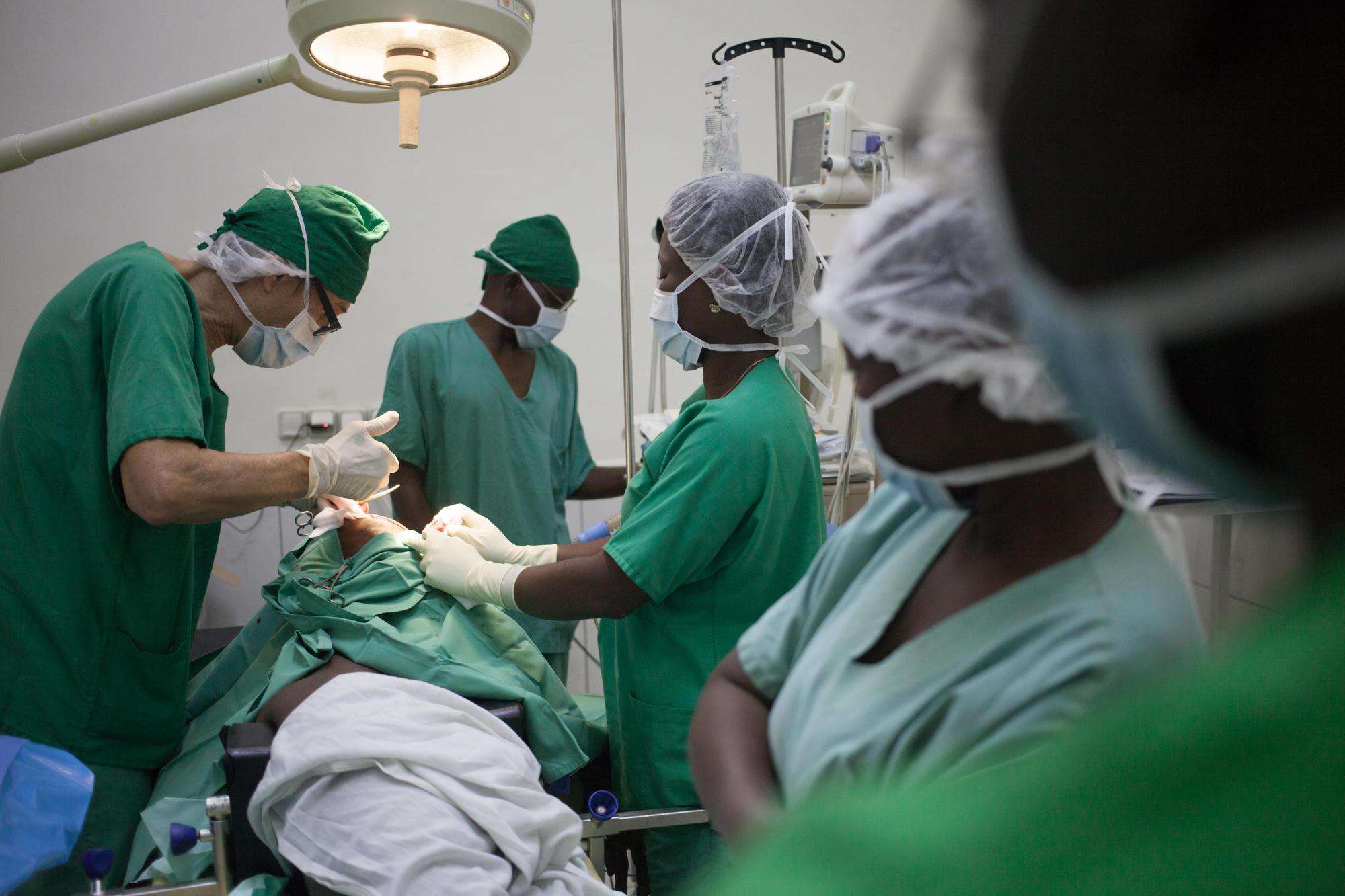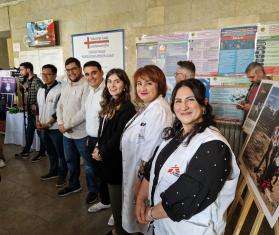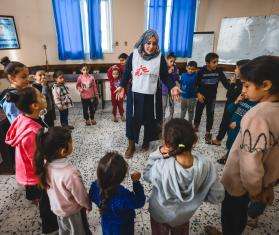Gunmen have killed dozens of civilians in a northwestern area of Central African Republic in recent days, according to United Nations and Central African authorities, in the first such attacks since the signing of a peace agreement in February between the government and multiple armed groups.
Three survivors were treated at a hospital supported by Doctors Without Borders/Médecins Sans Frontières (MSF) in the town of Paoua, in the Ouham-Pendé region, about 30 miles from where a massacre reportedly took place on May 21.
One of these patients was later transferred to the capital, Bangui, for further treatment by MSF for gunshot wounds. He gave the following account:
"Gunmen wearing military fatigues and armed with Kalashnikovs arrived in my village and asked to see the community leaders to organize a general meeting. The population then gathered under a mango tree. Then they started to tie us up. They tore my shirt to tie my arms. They piled us on top of each other, then started shooting. It felt like it was raining bullets. Some people managed to flee, but the others were finished off. Some of our relatives took us and put us on motorbikes to take us to Paoua hospital. They tell me they continue to discover dead bodies in the bush around the village."
According to the United Nations and Central African authorities, a total of 39 civilians were killed in the communities of Bohong, Ndjondjom and Koundjili, while 15 others were killed in separate attacks in Maikolo during the previous days. These are the first large-scale attacks after a relative calm that followed the February peace agreement between the government and 14 armed groups.
In early 2018, MSF expanded its work in Paoua as violent clashes between two armed groups turned into large and indiscriminate attacks against civilians, causing 90,000 people to flee their homes. An MSF team distributed water, offered primary health care, and ran mass vaccination campaigns and health surveillance activities.
In 2018, MSF ran 12 medical projects in Central African Republic. Teams provided more than 800,000 medical consultations, treated more than 500,000 people affected by malaria, assisted more than 19,000 births, and provided HIV/AIDS treatment for 6,000 patients.




